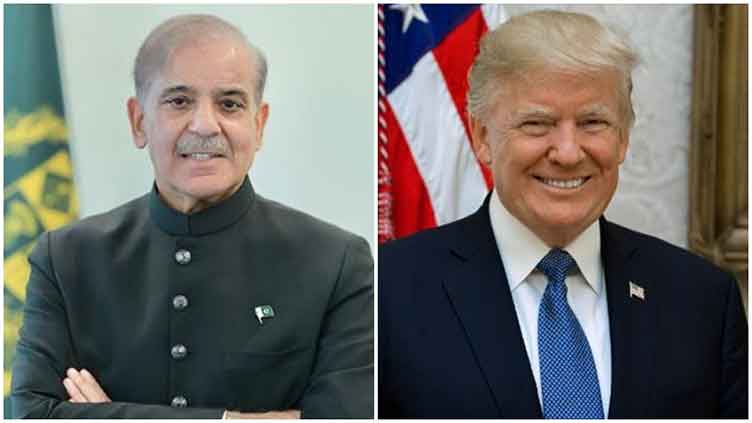Islamabad, Feb 19: Prime Minister Shehbaz Sharif has expressed his willingness to work closely with US President Donald Trump, highlighting the coalition government’s commitment to strengthening bilateral ties. During a meeting with US Chargé d’Affaires Natalie Baker, the prime minister emphasized Pakistan’s interest in expanding cooperation in key sectors.
Including trade, information technology, agriculture, health, education, and energy. He also underscored the need for joint efforts in addressing security challenges posed by militant groups. In response, Baker reaffirmed the US government’s intent to further shared objectives and enhance collaboration between the two nations.
READ MORE: Czechia and Pakistan to Celebrate 75 years of Diplomatic and Trade Relations
Despite these diplomatic overtures, there has been a notable absence of high-level engagements between Islamabad and Washington since Trump returned to the White House last month. The lack of direct communication at the leadership level has raised concerns within the Pakistani government, particularly as the country navigates economic and security challenges that could benefit from strong international partnerships.
Meanwhile, during a federal cabinet meeting on the same day, Shehbaz Sharif was briefed on the progress of the government’s e-office initiative, which has reportedly been implemented in 98 percent of federal divisions. He directed officials to ensure full adoption across all ministries by March, signaling his administration’s push for greater digital governance and efficiency in public sector operations.
In another key development, the prime minister informed the cabinet that Saudi Arabia had extended its $100 million per month deferred payment facility for petroleum products for another year. The continuation of this financial support is expected to provide crucial relief to Pakistan’s strained foreign exchange reserves, easing pressure on the country’s energy imports and broader economic stability. As Pakistan seeks to bolster its ties with the US and other key allies, the coming months will be critical in determining the future trajectory of its diplomatic and economic relations on the global stage.









